New ways to improve silage quality
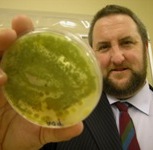
Professor Jamie Newbold and Dr Neil McEwan from the Institute of Rural Sciences at the University of Wales, along with colleagues at the Institute of Grassland and Environmental Science, been awarded £189,360 (around €288,000) to develop plant and herbal extracts for use in silage inoculants.
Professor Newbold said: "Ensilage allows forages and crops produced during the growing season to be preserved for use as animal feeds during the winter or dry season. In the UK some 4 million cattle and 1 million horses require conserved feeds during at least part of the year. However, ensilage carries with it associated risks, specifically storage of crops in a moist form encourages microbial growth, and while well preserved silage will be free of pathogens poorly preserved silage will allow pathogens to survive with risks to both livestock and humans."
Well-established market
There is an existing market for silage additives to improve both silage quality and consistency. The market is well established, UK sales are estimated at around £20 million per annum (£100-200 milion worldwide). "We plan to expand this market by screening plant extracts, previously identified as having antimicrobial activity, for their ability to control pathogen growth in silage. These extracts will then be used to enhance existing silage additive formulations producing a new generation of products promoting safe nutritious animal feed with little risk of pathogen transfer either to humans or livestock," he added.
Related links:
University of Wales
Dossier: All about plant extracts
 Beheer
Beheer

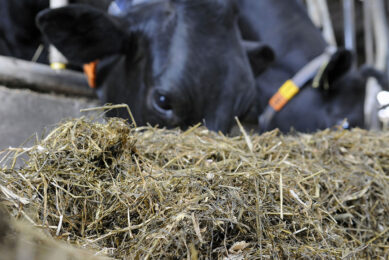

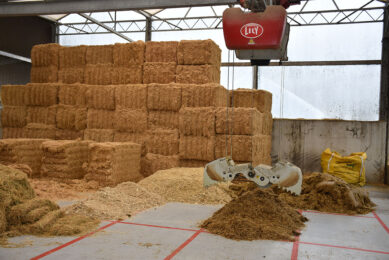
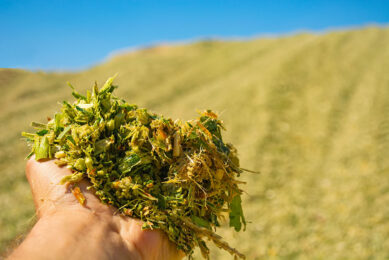
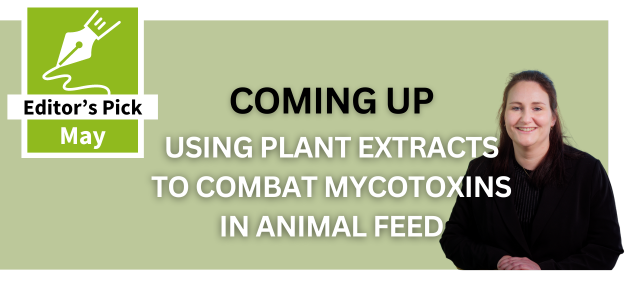



 WP Admin
WP Admin  Bewerk bericht
Bewerk bericht